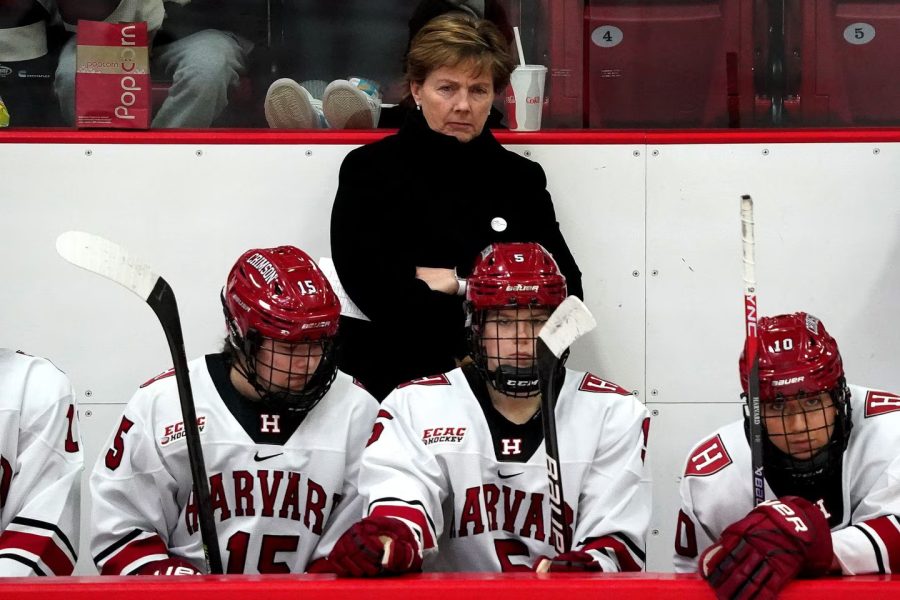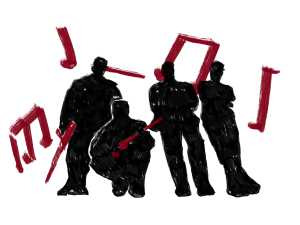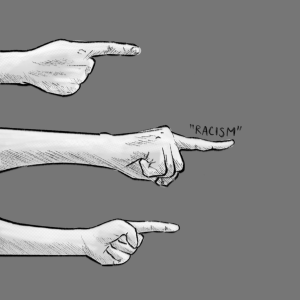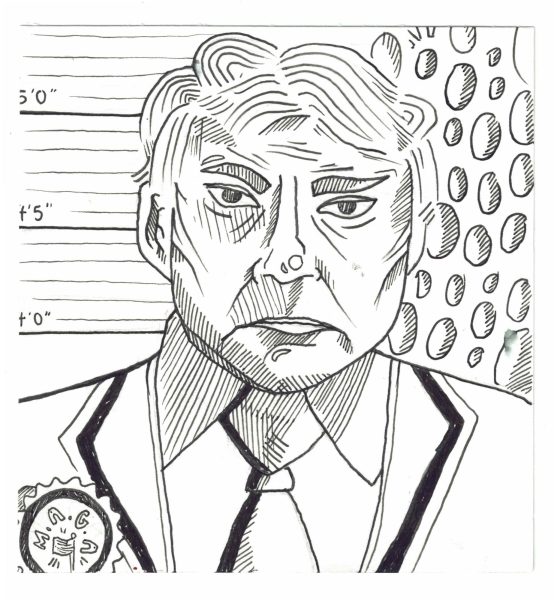Harvard Women’s Hockey Coach Under Fire Following Numerous Abuse Allegations
Katey Stone is facing allegations of racial discrimination and verbal abuse.
March 14, 2023
Harvard women’s ice hockey coach Katey Stone has been accused by at least sixteen former players of emotional and verbal abuse and racial discrimination. Fourteen women recruited to play for the team have quit since 2016 under Stone’s coaching. The Federation of Sovereign Indigenous Nations (FSIN) is calling on her to resign, following multiple claims of discrimination towards indigenous players, including Maryna Macdonald from the Ditidaht First Nation of Canada’s Vancouver Island and Taze Thompson of the Cree Nation of Alberta, Canada. These events, coupled with Stone’s successful career and reputation, have raised questions about the extent to which prestige plays a role in universities’ willingness to defend their staff.
Stone is widely considered to be one of the best Division I coaches in women’s hockey history, having coached the Harvard team for 25 seasons as well as the United States women’s national team for the 2014 Winter Olympics in Sochi, Russia—where the team won silver after losing to Canada in the finals. In the timeline of career success, failure and loss have consistently been the context of Stone’s verbal misconduct.
After losing to Princeton in the Easter College Athletic Conference playoffs, the coach was described as calling the Harvard women’s team one with “too many chiefs and not enough Indians.” Macdonald claimed that Stone had been staring at her directly in the eye as she said those words. After reporting the coach to Harvard Athletics Director Erin McDermott, a formal review was conducted, but it was announced via email that Stone would remain as head coach. This decision prompted Macdonald, a starting player, to quit the team, while Thompson transferred universities the following year.
These events, coupled with Stone’s successful career and reputation, have raised questions about the extent to which prestige plays a role in universities’ willingness to defend their staff. While Harvard has taken action in response to reports from players, it is unclear how seriously the college handles these allegations—action is rarely taken, and is often not beneficial for players’ mental and physical wellbeing. Considering allegations against Stone span years, it is surprising for an athletic department to only address reports through communication. The question now is whether FSIN calling on Stone to resign will spark more substantial change.
What must be addressed in the wake of these allegations is a phenomenon that separates athletic allegations from any others. A large contributor to the reputation of top coaches is their tough approach to the sport and to the team atmosphere. While an outside perspective might conflate brutal discipline with mistreatment, many athletes attribute their team’s success to these coaching traits. However, this feature of team dynamics may be misguided and should not be overextended regarding players’ claims of verbal abuse. When abuse claims are internal and significantly alter the trajectory of Harvard students’ athletic careers, it is unwise to dismiss the coach’s behavior as nothing more than necessary disciplinary measures guiding the team towards success. Harvard’s current approach towards disciplinary action should be reformed in order to ensure that health and identity are not compromised for the sake of athletic success.










